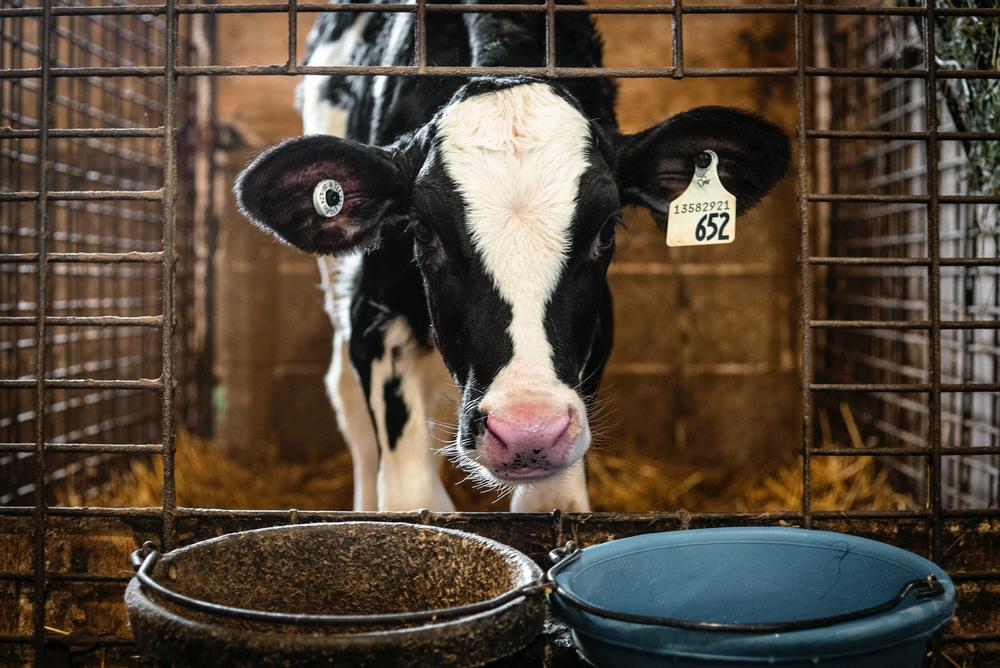
Caption
Lawmakers are mulling potential legislation that would allow raw milk to be sold for people in Georgia while creating state regulations and setting minimum standards for a product that can be vulnerable to harmful bacteria, such as e. coli, if not handled properly.
Credit: Lauren Hedges/Pexels


